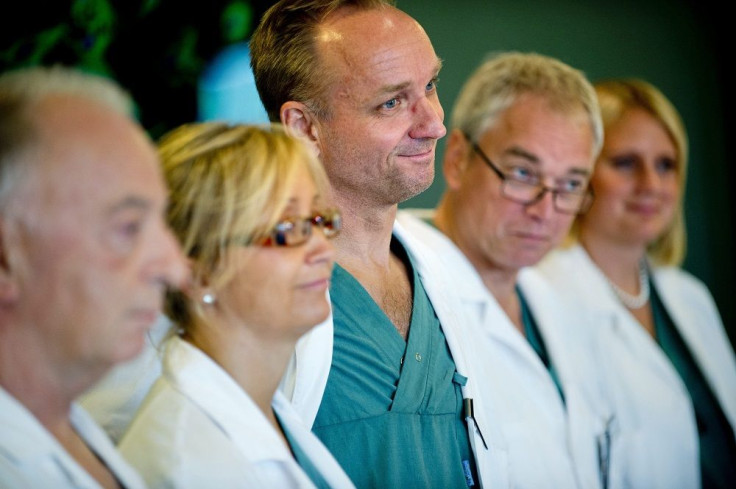Over 100 British women to be part of 2016 womb transplant clinical trial

The Imperial College London has received approval to conduct the first womb transplant in UK in 2016. Ten women will be selected to undergo the procedure from a pool of more than 100 females and potential recipients, with the transplant expected to give them the chance to bear a child.
Timeslive reports that British surgeons will attempt to follow what happened in Sweden after a 36-year-old woman, born without a womb, successfully gave birth following a womb transplant. She gave birth after 31 weeks to a baby boy by Caesarian section.
The womb donor was a 61-year-old woman and family friend of the organ recipient. The donor had her menopause in 2007.
Out of the more than 100 women in line for the UK clinical trial, 10 who are below 38 have a long-term partner and of healthy weight would be selected to be womb recipients. However, the surgeons have funds for only for one or two surgeries and are hoping to raise more money to cover the total cost of 500,000 pounds.
The womb would come from donors who are brain dead but with hearts still beating. Each procedure would take six hours.
According to Richard Smith, leader of the team of surgeons who will perform the procedure and consultant gynaecologist at Queen Charlotte’s and Chelsea Hospital, the transplant would help women with the innate desire to carry their own baby. About one in 5,000 women are not capable of carrying their own babies because they were born without a womb or lost the organ because of cancer.
It is one alternative to adoption or surrogacy, according to Womb Transplant UK, the organisation that would carry out the transplants, reports BBC. It would work with NHS Blood and Transplant, the UK organ donation organisation, to ensure proper protocols are in place to identify potential donors. It would also approach families to get their approval for the womb donation.
The procedure in Sweden was not the world’s first, which was actually performed in 2000 in Saudi Arabia. However, that case was unsucessful as three months after the transplant, the body rejected the womb. The second, a uterus transplant, was done in Turkey in 2001. The recipient fell pregnant but suffered from a miscarriage after six weeks.
Contact the writer at feedback@ibtimes.com.au or tell us what you think below





















